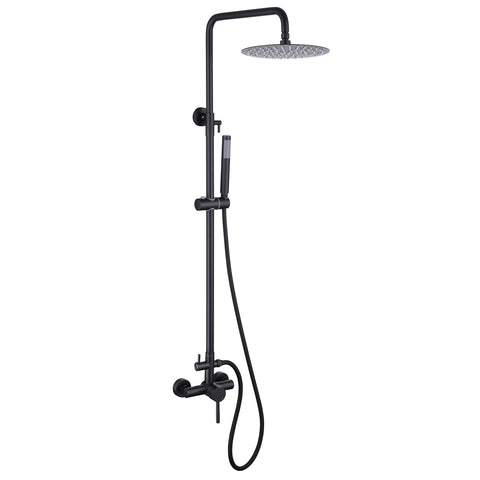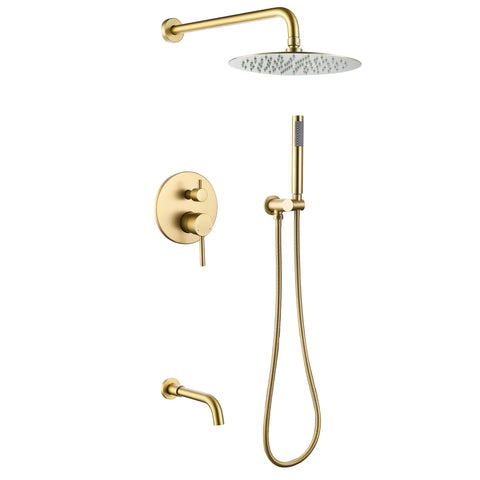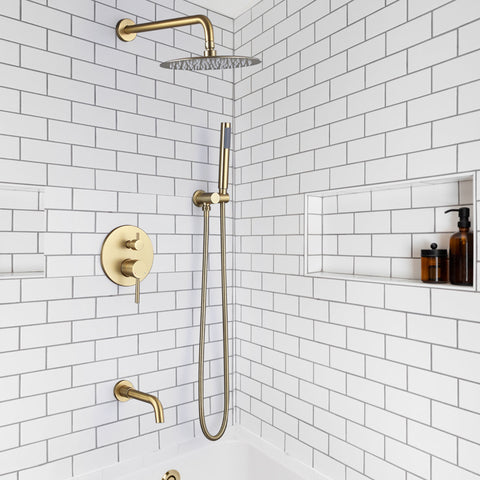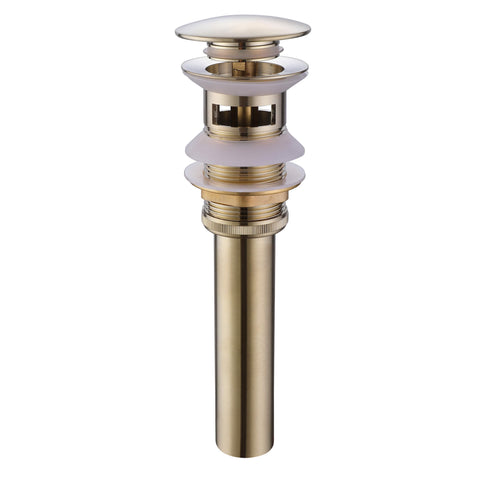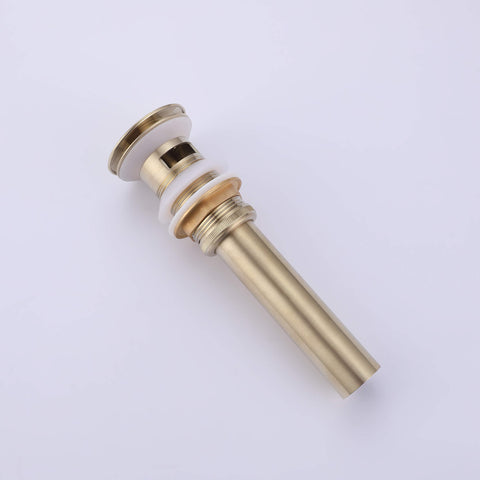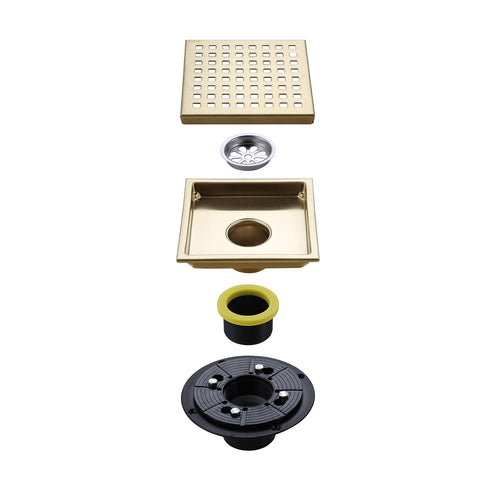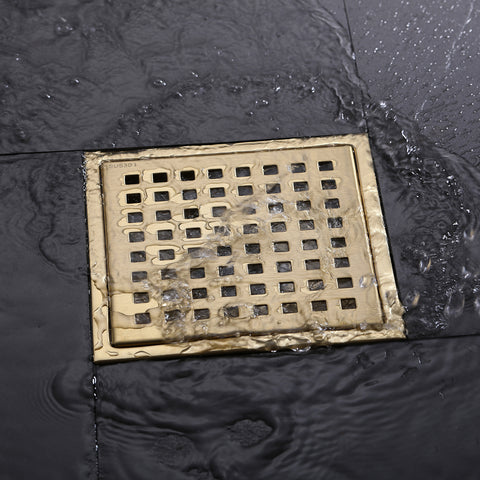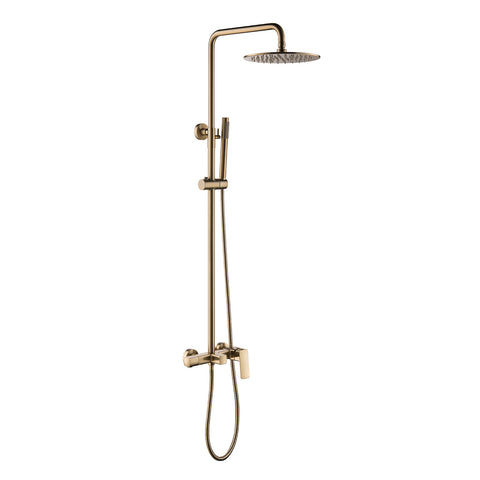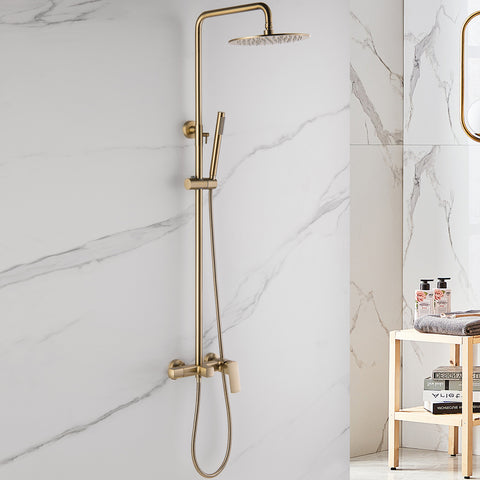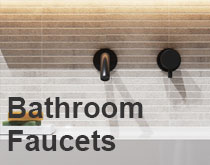How to Fix a Leaking Shower Valve: Complete Guide
A leaking shower valve can be an annoying and costly problem, causing water damage, high water bills, and even potential health hazards like mold growth. If you're facing this issue, don't worry; it's a common problem that can be resolved with a few DIY steps or with the help of a professional plumber. In this blog, we'll explore the causes of shower valve leaks and guide you through the steps to solve this issue.
Understanding the Shower Valve
Before we dive into solving the problem, it's essential to understand the shower valve's role in your bathroom. The shower valve controls the flow of hot and cold water to maintain the desired water temperature. It usually has two primary parts:
The mixing valve: This component blends hot and cold water to provide a comfortable water temperature.
The diverter valve: This part directs water to the showerhead or bathtub spout.
Common Causes of Shower Valve Leaks
Shower valve leaks can occur for several reasons. Here are some common causes:
Worn-out washers: Over time, the rubber washers in the valve can deteriorate, causing leaks.
Loose connections: Loose fittings or connections within the valve can result in water leakage.
Corrosion: The buildup of mineral deposits and rust can damage the valve, leading to leaks.
Faulty seals: Seals within the valve may wear out, allowing water to escape.
Cracked or damaged components: Physical damage to the valve components can also cause leaks.
Solving Shower Valve Leaking Issues
Now, let's discuss the steps to solve your shower valve leaking problem:
Turn off the water supply: Before you start any repair, shut off the water supply to your bathroom. You can usually find the water shut-off valve near the shower or in your main water supply area.
Remove the handle and trim: Use a screwdriver or a hex key to remove the handle and trim of your shower valve. This will expose the valve components.
Inspect and clean the valve: Examine the valve for any visible damage, corrosion, or mineral deposits. Clean the valve components with a brush and vinegar solution to remove any buildup.
Replace damaged parts: If you find any damaged components, replace them. This may include washers, seals, or even the entire valve assembly. Make sure to use the correct replacement parts for your specific shower valve model.
Reassemble and test: After replacing or repairing the components, reassemble the valve and trim. Turn on the water supply and test your shower for leaks. If the problem persists, you may need to consult a professional plumber for further assistance.
Preventative Maintenance
To avoid future shower valve leaks, consider these preventative maintenance tips:
- Periodically inspect and clean the valve to prevent mineral buildup and corrosion.
- Install a water softener to reduce mineral deposits in your plumbing system.
- Be gentle when operating the shower valve to avoid unnecessary wear and tear.
- Invest in high-quality valves and components, which can last longer and require fewer repairs.
Conclusion
Dealing with a shower valve leaking issue can be frustrating, but with the right knowledge and a few simple steps, you can often resolve the problem yourself. Regular maintenance and proper installation of high-quality components can help prevent future leaks. However, if you're unsure about your plumbing skills or the issue persists, don't hesitate to call a professional plumber for expert assistance. Remember, a leak-free shower valve ensures both water and money are saved in the long run.
